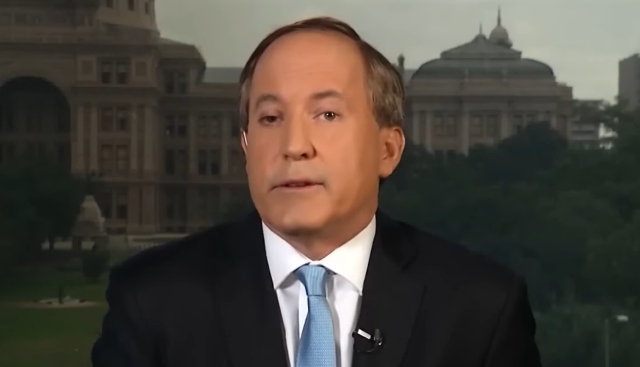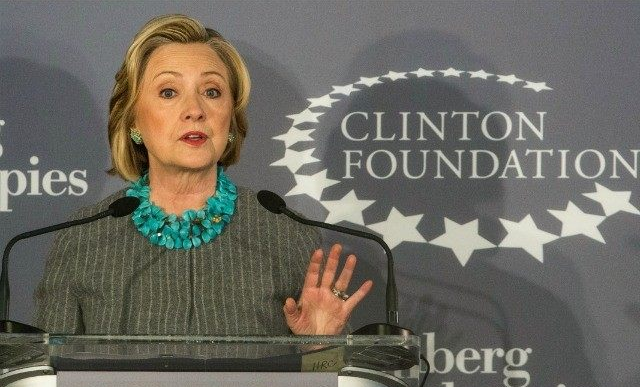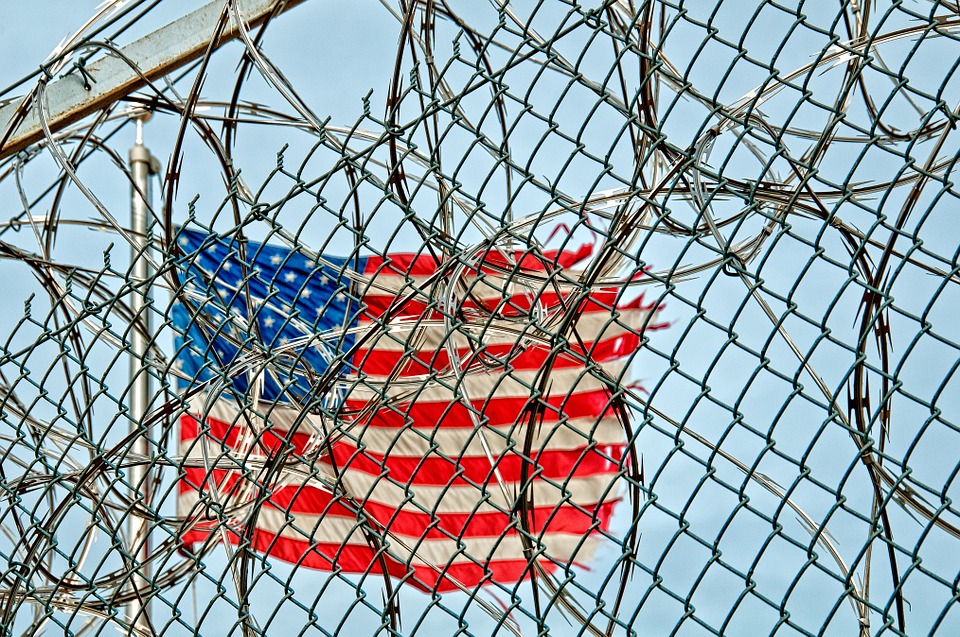As the whole world adjusts to the post-pandemic world, retailers face difficulties amid shrinking inventories due to the prevalence of crime and violence, including theft, shoplifting, and other fraudulent activities. In fact, a recent
Retail Workplace Survey by
Loss Prevention Magazine found that 60 percent of retail workers saw some form of ruthlessness on the job over the past 12 months.
The said business challenges in more populous or urban areas are also the reason why two Atlanta-based Walmart locations (Howell Mill Road and Vine City) closed. However, recently Walmart announced plans to reopen one of the branches but this time, with major upgrades and distinctive features. While the Howell Mill Road branch is to remain permanently closed, Atlanta Mayor Andre Dickens said the former Vine City Supercenter will
reopen with a pharmacy, grocery store, and police station.
Theft has gotten so bad in the area that the retail giant resorted to this measure. The said store is set to open in May of 2024, following a nearly year-long closure after the shoplifters reportedly set the building on fire to distract from their thieving. When it reopens, the store will be a Neighborhood Market, which is typically one-fifth the size of a Supercenter." After talking with the Merchants Association on Martin Luther King Jr. Drive
, Clark University and other people in the neighborhood, folks were saying they want to see more police presence, Dickens said.
Having a police substation in a Walmart branch is a first, but officials believe an increased police presence will help to prevent in-store crime to make shoppers feel safer. The substation will also feature a place for police to charge their phones and body cameras, as well as have meetings and file documents. Dickens added that he hopes the police station will help Walmart leadership feel confident that inventory shrinkage won't be as pervasive of an issue and hopefully prevent them from leaving, as was the case in Chicago.
The largest retailer that operates hypermarkets and discount department stores has locations within 10 miles of 90 percent of the population, offering cheap items and a convenient shopping experience until theft became rampant. "It's higher than what it has historically been. We've got safety measures, security measures that we've put in place by store location," Walmart CEO Doug McMillon told
CNBC in late 2022. "I think local law enforcement being staffed and being a good partner is part of that equation, and that's normally how we approach it. If that's not corrected over time,
prices will be higher, and/or stores will close."
Halfway through 2023, 22 Walmart stores had closed as of June. Four of those stores were in Chicago alone (eight were in Illinois). "These stores lose tens of millions of dollars a year, and their annual losses nearly doubled in just the last five years," Walmart wrote in a press release following the Chicago closures, adding, "We have invested hundreds of millions of dollars in the city...It was hoped that these investments would help improve our stores' performance. Unfortunately, these efforts have not materially improved the fundamental business challenges our stores are facing."
Other retailers to close down if theft does not stop
In the past years, Walmart has not been the only supermarket that was forced to shut down its stores due to crime and violence. Reports declare that
shoplifting reached alarming levels and other large retailers, including Target, Macy's, and Best Buy are now making good on threats to shutter outlets if petty crime does not decrease.
Walmart lost a whopping $3 billion annually to theft and shoplifting incidents while Target, a retailer known for selling a variety of food, household goods, clothing, and electronics, has also announced it is closing four stores in three cities in the coming months after it lost $400 million in profits last November also due to organized gangs of pilferers. Meanwhile, discount retailer Dollar Tree said during its August earnings call, that it would be taking a "
very defensive approach" to theft by increasing the number of products locked behind shelves and even discontinuing certain items at stores that are repeatedly stolen.
In 2021, America's top retailers lost a combined $94.5 billion to shrink, a term used to describe theft and other types of inventory loss. And organized retail crime incidents soared by 26.5 percent in the same year, according to the 2022 National Retail Security Survey. Along with brazen daylight thefts, self-checkouts have also made it easier for people to walk out without paying for items.
Progressive district attorneys in cities like Chicago, New York, Portland, and California have also been blamed for effectively legalizing shoplifting by either not prosecuting thefts under $950, or letting criminals off with a slap on the wrist. (Related:
BAD APPLE: NYC shoplifting reports hit record levels for second straight year.)
Follow
Violence.news to see more stories related to crime and lawlessness.
Sources for this article include:
LossPreventionMedia.com
Star-Telegram.com
CNBC.com
DailyMail.co.uk
Entrepreneur.com
 Parler
Parler Gab
Gab










